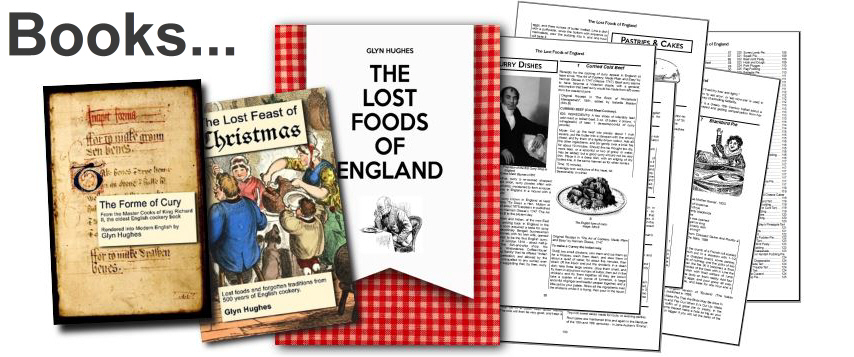

|
 A herring made red by smoking. In the 19th Century there were many reports of herrings being dyed an unnaturally bright red using 'Armenian Bole', a type of earthy clay containing red iron oxide. The term is first found in the curious verse cookery book known as 'Liber cure Cocorum' written in a Northern dialect of the 15th Century: For a service on fish day. First white peas and porray you take, Cover your white herring for God's sake; Then cover red herring and set above, And mustard on high, for God's love; Then cover salt salmon in haste, Salt eels therewith in this course last. For the second course, so God me gladden, Take rice and flowing fignade, Then salt fish and stockfish you shall take, For last of this course, so fair it falls to me. For the third course glazed sops fine, And also lampreys in galentine, Baked turbot and salmon baked All fresh, and small fish you take Therewith, as trout, smelt, and minnows withal, And loaches to them sauce vert shall. (From Cindy Renfrow's translation into modern English)  Original Receipt from 'Modern Cookery for Private Families' by Eliza Acton (Acton 1845); Original Receipt from 'Modern Cookery for Private Families' by Eliza Acton (Acton 1845);RED HERRINGS, COMMON ENGLISH MODE. This fish is rendered infinitely more delicate by pouring boiling water on it before it is dressed, and leaving it to soak for half an hour, or more, should it be highly dried. The fresh Yarmouth bloaters do not require this. Cut off the heads and tails, open the herrings at the back, and warm them through before the fire, or upon the gridiron. They may be rubbed with a bit of cold butter, and seasoned with a slight sprinkling of pepper or cayenne, when these are liked, or served quite plain. The use of the term 'Red Herring' to indicate something used to falsely divert attention from the real matter seems to originate, not with the practice of dying herrings to give the impression they have been smoked, but the use of the strong-smelling Red Herring to lay a false trail for hunting dogs.  |
|
MORE FROM Foods of England... Cookbooks ● Diary ● Index ● Magic Menu ● Random ● Really English? ● Timeline ● Donate ● English Service ● Food Map of England ● Lost Foods ● Accompaniments ● Biscuits ● Breads ● Cakes and Scones ● Cheeses ● Classic Meals ● Curry Dishes ● Dairy ● Drinks ● Egg Dishes ● Fish ● Fruit ● Fruits & Vegetables ● Game & Offal ● Meat & Meat Dishes ● Pastries and Pies ● Pot Meals ● Poultry ● Preserves & Jams ● Puddings & Sweets ● Sauces and Spicery ● Sausages ● Scones ● Soups ● Sweets and Toffee ● About ... ● Bookshop ● Email: [email protected] COPYRIGHT and ALL RIGHTS RESERVED: © Glyn Hughes 2022 BUILT WITH WHIMBERRY |